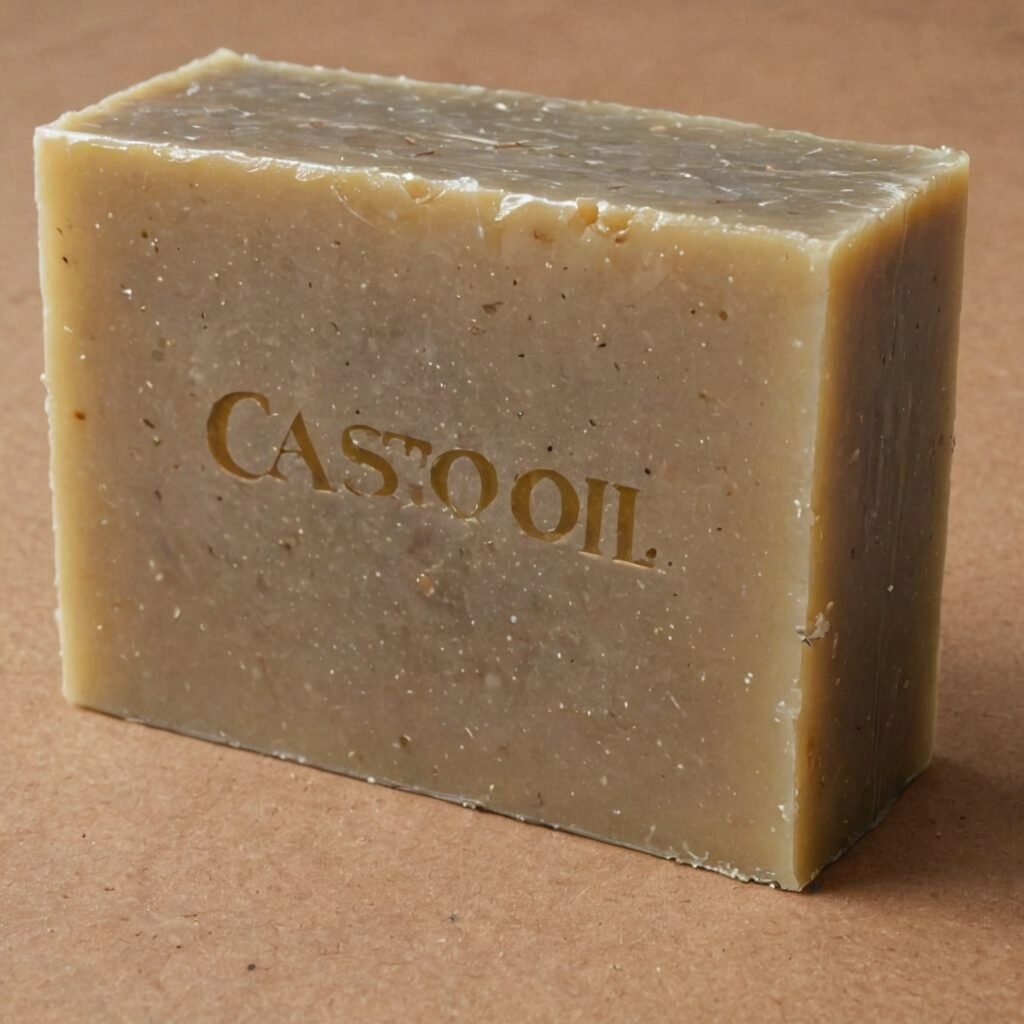Castor Oil Soap: Unveiling the Truth Behind Its Superiority Among Natural Soaps

INTRODUCTION
WELCOME TO RUNZOER INDIA, where we delve into the fascinating world of skincare and unveil the truth behind castor oil soap. In this article, I’m excited to share with you the hidden gem that is castor oil soap. we will explore the reasons why castor oil soap stands out among its counterparts, offering superior benefits for your skin. Whether you are a skincare enthusiast, someone seeking natural alternatives, or simply curious about the wonders of castor oil soap, this blog post is for you. So, sit back, relax, and let us take you on a journey to uncover the untold secrets of this remarkable skincare gem.
Soap-making Oils and Their Benefits
Castor Oil
Pure castor oil is thick and has a relatively clear appearance. It enhances lather in soap, imparting a rich and creamy texture, resulting in a very bubbly feel. Additionally, castor oil acts as a humectant, effectively maintaining skin moisture. Introducing approximately 10% castor oil into a soap recipe can yield remarkable results. The unique fatty acid composition of castor oil contributes to plumping and nourishing the skin. Notably, castor oil soap is recognized for its exceptional ability to retain moisture in the skin.
Now, let’s explore the benefits of other soap oils and their effects on the skin.
Almond Oil
Almond oil offers a long-lasting sweet aroma and is easily absorbed into the skin. While it effectively moisturizes the skin, it produces stable but low lather. Typically, 5-10% almond oil is used in the production of soft bathing bars. Besides, almond oil is commonly used in massage bars, lotions, bath bars, and sugar scrubs. Unlike organic cold-pressed castor oil, almond oil does not generate abundant lather, representing a significant contrast.
Avocado Oil
Characterized by its green color and high unsaponifiable content, avocado oil is suitable for sensitive skin. Initially feeling heavy on the skin, it gradually gets absorbed and remains rich in vitamins, offering substantial nourishment. Moreover, avocado oil boasts a prolonged shelf life. In common with castor oil, both oils possess extended shelf lives, although castor oil is readily absorbed into the skin, distinguishing it from avocado oil.
Canola Oil
As an economical option for soap making, canola oil is often used as a substitute for the pricier olive oil. Typically, no more than 15% canola oil is included in bathing bars, contributing to a low but creamy lather. For intricate swirls and colors in soap, canola oil is notably advantageous.
Coconut Oil
A staple ingredient in soap-making, coconut oil produces substantial lather and a bubbly sensation. However, using more than 30% coconut oil in soap may lead to dryness and patchiness on the skin. When used in moderate amounts, coconut oil is highly effective in soap production, sharing similarities with castor oil in terms of producing heavy lather and leaving the skin soft and supple.
Cottonseed Oil
Although less common in soap-making, cottonseed oil yields low but creamy lather and thorough skin moisturization. However, concerns about pesticide residues from treated cotton crops have sparked debate over its usage in soap production. Unlike castor oil, cottonseed oil does not enjoy the same level of confidence regarding its safety for skin application.
Hazelnut Oil
Highly beneficial in lotions and bathing bars, hazelnut oil offers exceptional moisturizing properties, but is recommended for use in moderation. It is advisable to treat the oil with rosemary extracts due to its susceptibility to rancidity. Notably, hazelnut oil has a short shelf life, unlike castor oil, which remains a preferred choice due to its prolonged shelf life.
Jojoba Oil
Functioning as a liquid wax, jojoba oil produces low but creamy lather and boasts high absorption rates. Its superior moisturizing qualities make it suitable for luxurious bathing bars and leave-on applications like lotions and balms. Similar to castor oil, jojoba oil exhibits a lengthy shelf life and is not ideal for creating complex swirls in soap.
In Conclusion
Each oil brings unique qualities to soap-making, offering various benefits for the skin. For an in-depth exploration of soap-making oils, we invite you to peruse our comprehensive article. We are confident that this resource will provide valuable insights for your soap-making endeavors.
